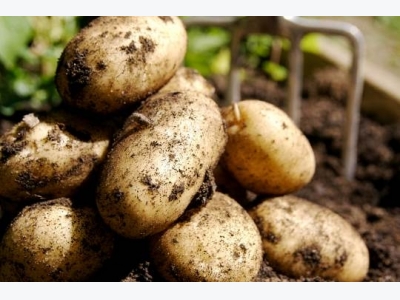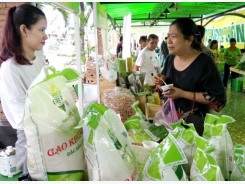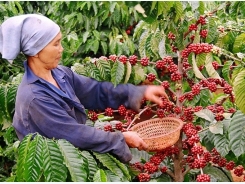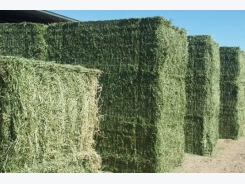EU: New rules on organic production from January 1, 2021

The Commission welcomes the Council's endorsement of the co-legislators' agreement on the new rules on organic production and looks forward to the final steps leading to the adoption of the new Regulation.
Once adopted, the new rules will enter into force on January 1, 2021. This will give enough time for producers, operators and trade partners to adapt to the new framework.
Many of the current rules are more than 20 years old, and need to be updated to reflect the major changes that have taken place in the EU organic sector over the last two decades.
Organic is no longer a niche part of the EU agri-food sector as it was when the current rules were first drawn up. In fact it is now one of the most dynamic sectors of EU agriculture, with the amount of land used for organic farming growing at around 400,000 hectares a year.
The organic market in the EU is worth around €27 billion, some 125% more than ten years ago. The patchwork of rules and derogations currently in place do not give sufficient certainty and security to this highly important sector of European agriculture, and the simpler, more harmonised approach of the new Regulation should help it grow even faster as a result.
Fairness is going to be ensured for EU organic farmers and the EU organic logo is going to offer consumers the same quality guarantees all over Europe. Given the premium price most consumers pay for organic food, this quality guarantee is extremely important.
The main improvement is the introduction of one set of EU-wide rules covering the whole EU organic sector.
The old rules allowed an à la carte system of exceptions, sometimes at the level of a single producer.
The new rules take on board the need for flexibility that these derogations accommodated in the past – duly justified exceptions, such as for example the temporary replacement of an organic ingredient by a non-organic one in cases of limited stocks, will still be permitted – but they will now be limited in time, regularly assessed and if necessary applied to all producers, ensuring fair treatment for all. The same rules will apply to all organic producers and products.
This single set of rules is going to apply also to non-EU farmers who export their organic products to the EU market. It will replace today's 60+ different standards considered equivalent that apply to imported organic foods.
At the moment, we are in a situation where different standards may apply to producers within the same country when the latter has no equivalence arrangement with the EU just because certification bodies set their own standards.
Conformity to the EU single set of rules will replace the principle of equivalence.
It brings important improvements in relation to trade, the main one being that there will be now a level-playing field between operators from the EU and from non-EU countries.
The scope of the rules has been extended to cover a range of new products such as salt, cork and essential oils. It will also be possible in the future to add new products to respond to the development of the sector and to consumers' demands, providing additional opportunities for producers.
The new Regulation brings simplification for farmers. For example, small farmers now will be able to choose group certification which will reduce their certification costs and make it easier for them to join the organic scheme.
New opportunities are also going to be created by the opening of a new market for organic seeds and other plant reproductive material with a high level of genetic biodiversity.
This will improve biodiversity, crop sustainability and will boost innovation. Resistance to pests and diseases will be improved and better adaptation to local conditions will be a focus.
Related news
Tools

Phối trộn thức ăn chăn nuôi

Pha dung dịch thủy canh

Định mức cho tôm ăn

Phối trộn phân bón NPK

Xác định tỷ lệ tôm sống

Chuyển đổi đơn vị phân bón

Xác định công suất sục khí

Chuyển đổi đơn vị tôm

Tính diện tích nhà kính

Tính thể tích ao




 Harvest analysis indicates high levels of mycotoxins in…
Harvest analysis indicates high levels of mycotoxins in…  Ukraine's animal feeding stuff approved to export to…
Ukraine's animal feeding stuff approved to export to…